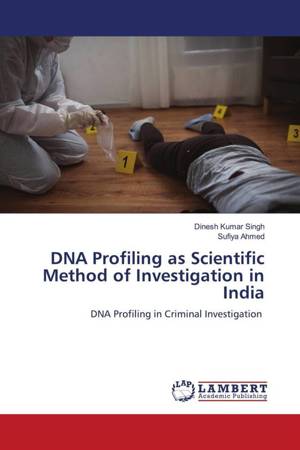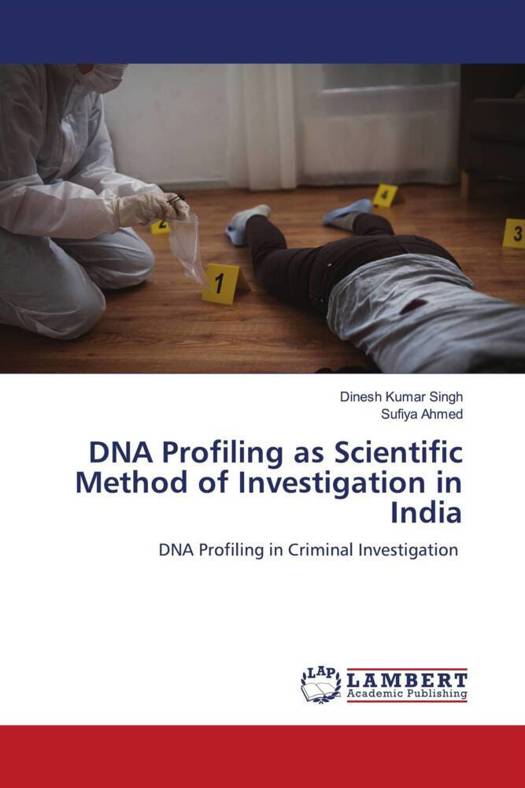
- Afhalen na 1 uur in een winkel met voorraad
- Gratis thuislevering in België vanaf € 30
- Ruim aanbod met 7 miljoen producten
- Afhalen na 1 uur in een winkel met voorraad
- Gratis thuislevering in België vanaf € 30
- Ruim aanbod met 7 miljoen producten
Zoeken
DNA Profiling as Scientific Method of Investigation in India
DNA Profiling in Criminal Investigation
Dinesh Kumar Singh, Sufiya Ahmed
Paperback | Engels
€ 154,95
+ 309 punten
Omschrijving
The book titled "DNA Profiling as a Scientific Method of Investigation in India: A Socio-Legal Study" by Dinesh Kumar Singh examines the integration of DNA profiling in the Indian legal system and its implications for justice. The research highlights the transformative role of DNA technology in criminal investigations, emphasizing its potential to enhance the accuracy and reliability of evidence. The study outlines the historical context of forensic science in India, detailing the evolution of DNA profiling from its inception to its current applications in law enforcement. It discusses the legal framework governing the use of DNA evidence, including relevant statutes and judicial interpretations that shape its admissibility in court. The thesis also addresses the ethical and privacy concerns associated with DNA collection and analysis, advocating for robust regulations to protect individual rights. Furthermore, the research explores case studies where DNA profiling has played a crucial role in solving crimes, illustrating its effectiveness in exonerating the innocent and securing convictions.
Specificaties
Betrokkenen
- Auteur(s):
- Uitgeverij:
Inhoud
- Aantal bladzijden:
- 448
- Taal:
- Engels
Eigenschappen
- Productcode (EAN):
- 9783659809729
- Verschijningsdatum:
- 6/12/2024
- Uitvoering:
- Paperback
- Formaat:
- Trade paperback (VS)
- Afmetingen:
- 152 mm x 229 mm
- Gewicht:
- 653 g

Alleen bij Standaard Boekhandel
+ 309 punten op je klantenkaart van Standaard Boekhandel
Beoordelingen
We publiceren alleen reviews die voldoen aan de voorwaarden voor reviews. Bekijk onze voorwaarden voor reviews.







